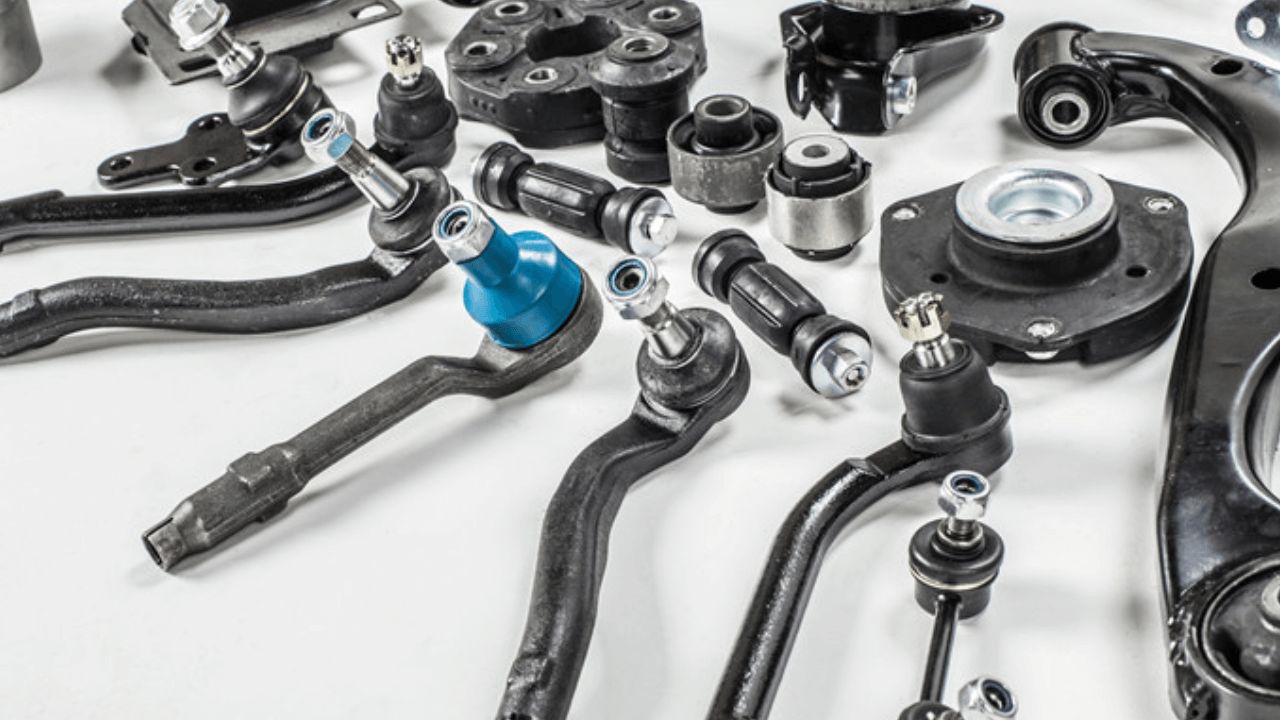High-quality forging automotive components are the unsung heroes of the engine compartment in the dynamic field of automobile engineering, where precision and performance rule supreme. The centuries-old craft of forging has expertly merged with contemporary technology to produce parts that not only resist the rigors of the road but also raise the driving experience to new heights.
Automotive parts that have been forged have unrivaled strength and endurance. Forging involves shaping metal using concentrated compressive forces. Each piece of high-quality forge car parts is painstakingly made using perfect die-cutting and hammering, guaranteeing that it satisfies all requirements. Expert craftspeople and cutting-edge equipment collaborate to produce parts that not only fit perfectly into a vehicle’s complex machinery but also improve its overall performance.
What are Forge Car Parts?
Forged vehicle parts are those that go through the specialist forging production process. Localized compressive forces are used to shape and mold metal into the required form during the forging process. Compared to components made using other manufacturing procedures like casting or machining, those made using this technology have remarkable strength, longevity, and a refined grain structure.
The capacity to bear high stress is one of the characteristics of forged auto parts, which makes them particularly ideal for crucial applications in vehicles. The forging process results in components that are precise, consistent, and versatile, which improves overall performance and durability and allows them to fit easily into vehicle systems.
The Most Important Features of Forge Car Parts
Superior Strength:
Because of the forging process, forged automotive parts are recognized for their extraordinary strength. The metal experiences controlled deformation during forging due to compressive stresses, producing a finely tuned grain structure. Forge automobile parts are very resistant to deformation and fatigue thanks to this alignment of the grain structure, which is particularly important for parts that experience significant stresses, such as crankshafts and connecting rods.
Enhanced Durability:
The stronger structure of forging automobile parts is a primary cause of their durability. These parts are extremely durable due to the compacted and refined grain structure that forging produces. Forge auto parts are more likely to last longer thanks to their durability, which lowers the frequency of repairs and increases the overall dependability of the vehicle.
Precision in Manufacturing:
Metal may be shaped with a great degree of precision using the forging process. Each forging automobile part is manufactured using sophisticated machinery and skilled workers to guarantee that it precisely matches the intended requirements. Tight tolerances and precise shape are achieved, resulting in parts that smoothly fit into a vehicle’s complex machinery, enhancing accuracy in operation and boosting system effectiveness.
Consistency in Production:
Forge automobile parts are known for their consistency. Due to the nature of the forging process, numerous essentially similar components can be produced in large quantities. For the automotive sector, this uniformity is essential since it makes sure that every component adheres to the same high standards. The components’ reliability is increased as a result of the streamlined production process and their interchangeability in a variety of vehicles of the same model.
Versatility:
In terms of design and use, forged auto components are adaptable. To meet the unique needs of various vehicles and systems, the forging process enables the manufacture of a wide variety of complex shapes and combinations. Because of their adaptability, forging auto parts can be tailored for a variety of uses, meeting the varied demands of the automobile industry.
Efficient Use of Material:
Forging is a formative manufacturing process that effectively makes use of the existing material, as opposed to some other processes that use subtractive techniques like machining. A more efficient and cost-effective production process is made possible by the low material waste that occurs during forging. The effective use of materials is especially important in automotive applications, where reducing weight while preserving strength is essential for overall performance and fuel efficiency.
Last Summary
The key traits of forge car parts better strength, improved durability, precision in manufacturing, consistency in production, versatility, efficient use of material, and resistance to extreme conditions place them as essential elements in the automotive industry, significantly enhancing the dependability and performance of moving vehicles.
